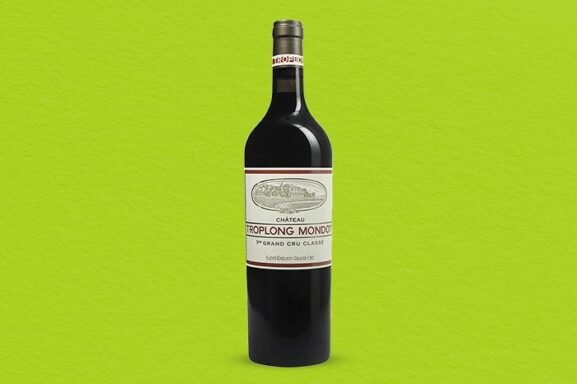What Does ‘Complexity’ Mean in Wine?
What makes wine complex? “Complex” is a word often used by wine professionals to describe wines with power, which is to say, wines with robust flavors and textures, and, oftentimes, a high-alcohol content. But what, exactly, does a complex wine taste like? Is wine that lacks complexity inherently worse? Of all the wine jargon most misconstrued and controversial, “complexity” is arguably near the top.
Perhaps that’s because there’s no standard definition for “complexity.” But leading wine experts have opinions.
What the Experts Say
“Complexity in wine means that the wine is multi-faceted,” offers Nova Cadamatre, a Napa-based Master of Wine and consulting winemaker. “It may have many types of aromas and flavors or it may have layers of depth on the palate—usually all of the above to be a truly complex wine,” she says. “It must introduce itself slowly over time and not lay all of the cards on the table at once.”
Translation: Complex wine is usually not one-note, and certainly not boring. Myriad flavors abound and textures are often tangible. The flavor of complex wine can evolve, both in the glass and an open bottle, in anywhere between minutes to hours.
Many of the great wines of the world are considered complex: Burgundy, Champagne and the wines of Germany to name a few. These are also wines that are age-worthy and can last for years when stored properly. Aside from age-worthiness, complex wines are balanced, meaning the structural components—tannins, acids and sugars—are not in competition with one another.
“The greatest vintages are the ones where harmony and perfect ripeness are achieved,” concurs Ray McKee, winemaker at Trothe in Washington State.
“Complexity in wine for me is the expression of the wine grape variety when it is grown with terroir and varietal character,” he says. “[They’re] picked at the moment when acidity, brix, skin flavors and seed tannins find a harmonious balance, and [are] then made into a wine with that same goal of harmony and varietal expression in mind.”
The History of “Complexity”
Not that everyone agrees on the definition of “complexity,” of course. According to dual Master Sommelier and Master of Wine Doug Frost, complexity—like so much about wine—is subjective.
“Complex wines often have more characteristics than mere fruitiness—[which is] itself a definition of good, but often simple, wine,” Frost says. Historically, wines were neither fresh nor fruity, he continues. “It took the 20th-century inventions of stainless steel, temperature control and anaerobic fermentation conditions to create purely fruity wines. So, in honesty, all wines once were complex—that is, they were laden with multiple flavors, aromas and textures that were not merely fruity.”
How Barrel and Bottle Aging Affect Flavor
Various types of equipment can add complexity to a wine. Among them are wooden barrels, which impart flavor to liquids contained within. How a barrel is constructed can greatly impact the final drink: Barrel staves can be lightly, medium or heavily toasted, or just the barrel tops can be toasted. The material is important, too. Different types of oak—French, Hungarian, Slavonian, American and so on—each impart a different flavor profile.
Blending to Build Complexity
Many complex wines are a blend of multiple vintages. In a non- or multi-vintage Champagne bottling, for instance, wines produced in years other than the current vintage year might be added to the base wine.
Why? Each vintage has its own climate-related challenges, which are often reflected in the wine’s flavor. By combining them, winemakers can build layers of complexity, aka an amalgam of flavors and textures. Some Champagne producers employ this technique to a staggering degree, including hundreds of years’ worth of reserve wine into a single bottle. (Yes, this is a thing!)
Did we truly define “complexity” here? The enigmatic nature of the term suggests that “complexity” can mean different things to different drinkers. Maybe complex wine is whatever you and the winemaker want it to be. And, if it makes you think, that’s all the better.
Published on October 17, 2022



